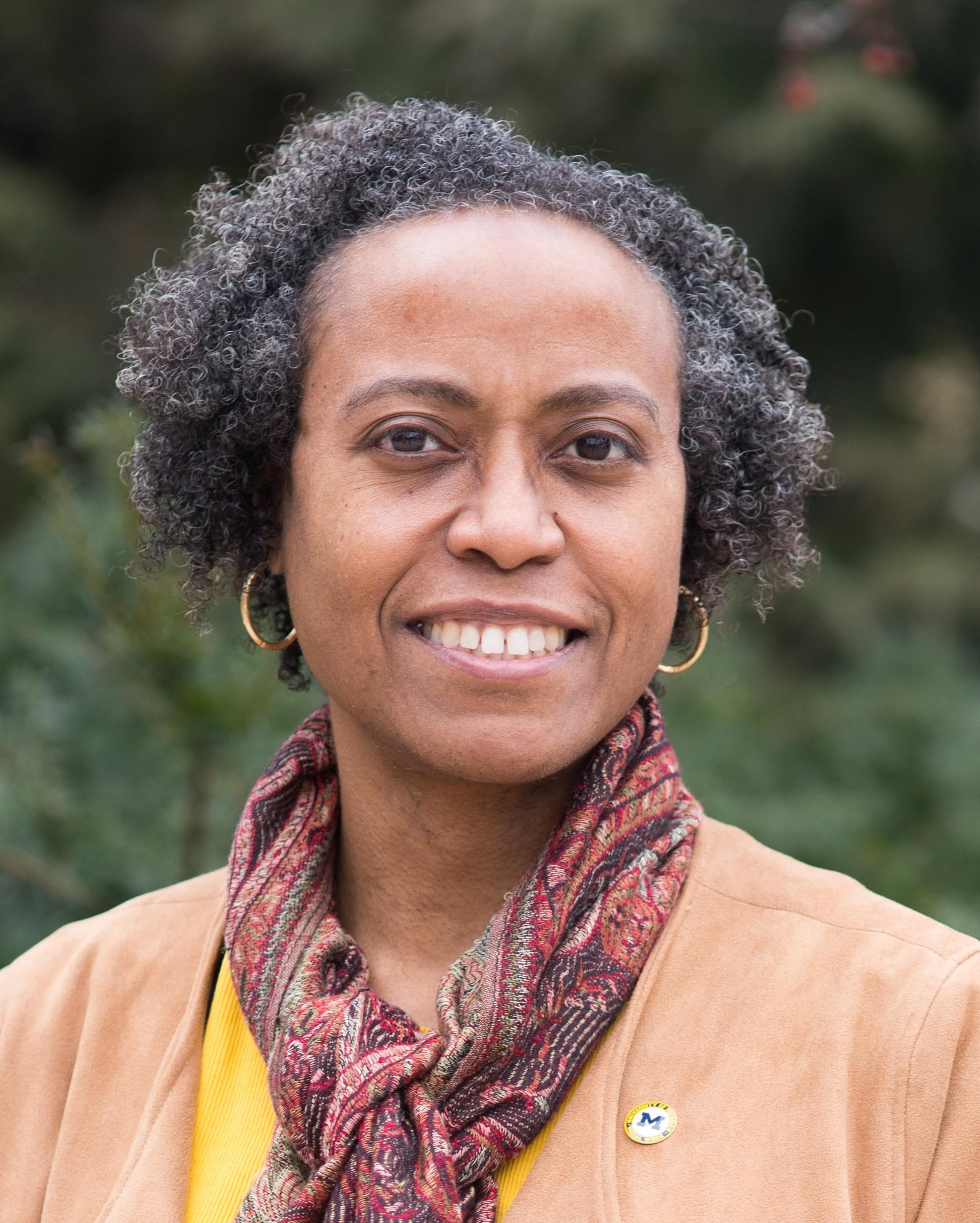Show Me the Money
As the call to end racial inequity rang loud across the nation and world last summer, we organized a series of community discussions that highlighted the rich history of activism in social work and the Metro Detroit community. The response to these events was robust and positive. We selected to expand on these conversations with a three-part series focused on diversity, equity and inclusion. The second event in this series, "Show Me the Money: Why Financial Capability Matters for Social Workers and the Communities They Serve" by Trina Shanks, PhD occurred on Monday, January 25, 2021 and explored the principles of asset building and how knowledge of these principles facilitate social work knowledge and practice. Below you will find information on the keynote speaker, the event PowerPoint and a video recording of the event.
Integrating financial literacy into social work teaching and practice is a powerful approach to increasing economic opportunity across communities. - Shantalea Johns, Ed.D., Director of Continuing and Interprofessional Education
 Economic insecurity is a major problem in the United States. There are two Grand Challenges for Social Work that directly address this concern: 1) Build Financial Capability and Assets For All and 2) Reduce Extreme Economic Inequality. At this event Shanks' defined financial well-being and financial capability and discussed strategies for improving financial capability at both the individual household and community level. There are no easy answers, but participants will be encouraged to consider ways they might make positive contributions.
Economic insecurity is a major problem in the United States. There are two Grand Challenges for Social Work that directly address this concern: 1) Build Financial Capability and Assets For All and 2) Reduce Extreme Economic Inequality. At this event Shanks' defined financial well-being and financial capability and discussed strategies for improving financial capability at both the individual household and community level. There are no easy answers, but participants will be encouraged to consider ways they might make positive contributions.
Keynote
Trina Shanks, PhD is currently the Harold R. Johnson Collegiate Professor and Director of Community Engagement at the University of Michigan School of Social Work as well as the founding Director of the Center for Family & Community Well-Being. Shanks also serves as one of three national co-leads for the Social Work Grand Challenge: Reduce Extreme Economic Inequality. Her research interests include the impact of poverty and wealth on child well-being, asset-building policy and practice across the life cycle, and community and economic development. This discussion encompassed Shanks' knowledge and practice wisdom gained from over twenty years of practice and research in asset building and enhancing financial capability among low-income families.
Event recording
Below you will find an edited version of this event.
For additional information on the event and upcoming events in the Series visit the WSU School of Social Work Continuing Education website.